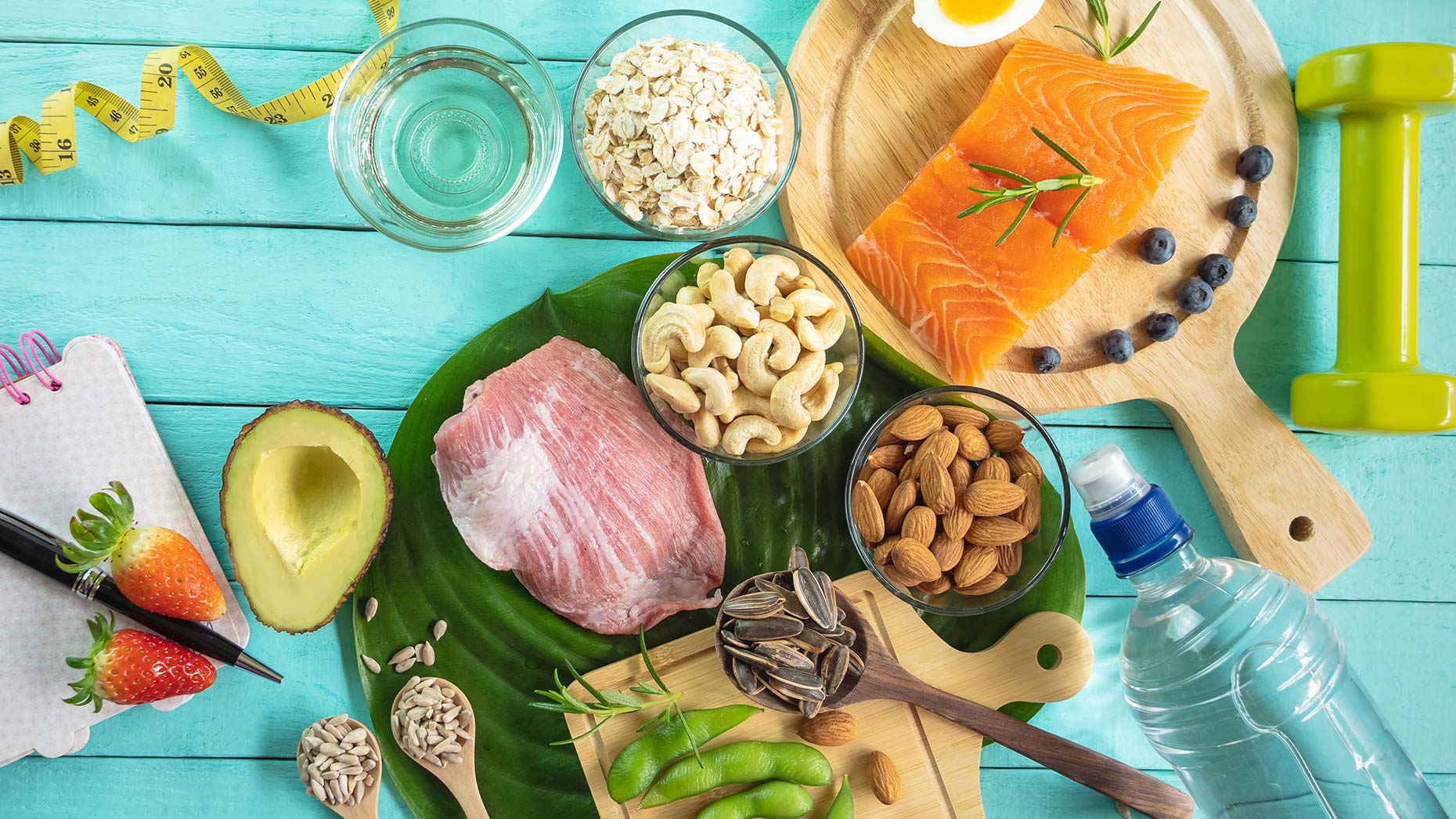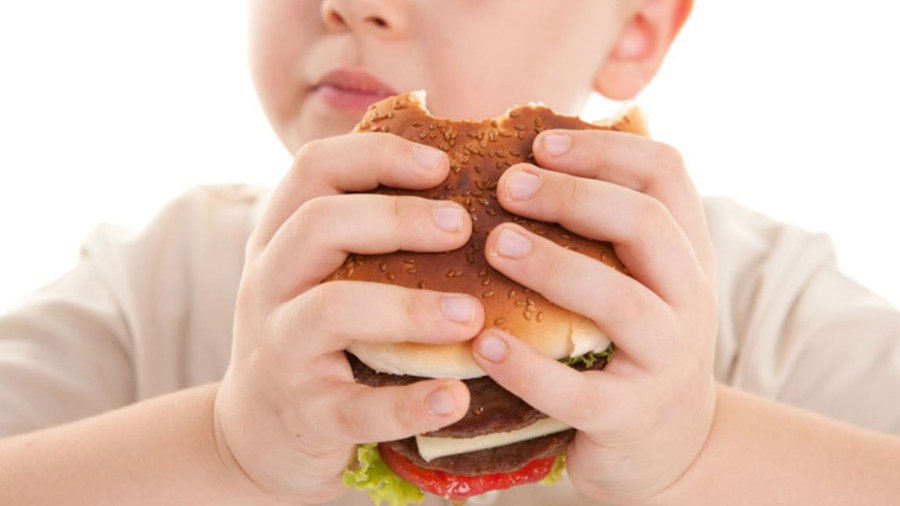Terry Vine, Deputy Chief Nurse at NHS Lincolnshire West Clinical Commissioning Group, talks about the upcoming Nutrition and Hydration Week and gives his top tips on how to achieve a well-balanced diet.
Healthy eating and staying well hydrated are perhaps two of the more basic ways of helping to keep ourselves healthy. Learning about good nutritional care and best hydration practices are an important part of our lifestyles and that is why Nutrition and Hydration Week from March 11th to 17th is so important.
Eating a healthy, balanced diet is an important way of maintaining your good health and can also go a long way to helping you feel your best. However, along with nutrition, hydration is also an important factor. There are a number of ways to achieve the ideal balance and I have gone through some of my top tips below.
1. Eat a variety of foods in the right proportions
Eating a variety of foods in the right proportions and consuming the correct amount of food and drink to achieve and maintain a healthy body weight is what we should all be aiming for.
One of the most commonly known aims is to eat five portions of fruit or vegetables each day. These foods are a great source of vitamins and minerals. There is also evidence that people who do eat at least five portions a day are said to have a lower risk of heart disease, stroke and some cancers.
Obviously, many of us enjoy the odd food or drink that is high in fat, salt or sugar. If that is the case, try and have these less often and in small amounts.
2. Protein is important
Protein is also important in a balanced diet to help the body grow and repair itself. Foods like beans, pulses, fish, eggs and meat are great sources of protein.
3. Milk and dairy foods – go for lower-fat varieties
Milk and dairy foods such as cheese and yoghurt are also good sources of protein. They also contain calcium, which helps keep your bones healthy.
To enjoy the health benefits of dairy without eating too much fat, use semi-skimmed, 1% fat or skimmed milk, as well as lower-fat hard cheeses or cottage cheese, and lower-fat, lower-sugar yoghurt.
Unsweetened calcium-fortified dairy alternatives like soya milks, soya yoghurts and soya cheeses also count as part of this food group and can make good alternatives to dairy products.
4. Take steps to tackle dehydration
Balanced diets are not all about nutrition. Staying well hydrated is just as important and goes hand in hand with eating well.
Dehydration means your body loses more fluids than you take in. If it isn’t treated it can get worse and become a serious problem. It can happen more easily if you have diabetes, vomiting or diarrhoea or been in the sun too long. Drinking too much alcohol or sweating lots after exercise can also lead to dehydration.
It is recommended that six to eight glasses of water or other fluid are consumed every day to replace normal water loss.
Symptoms of dehydration include always feeling thirsty, dark yellow and strong smelling urine, feeling dizzy, tiredness and having a dry mouth, lips and eyes.
You should drink plenty of fluids – especially water – when you feel any dehydration symptoms. Keep taking small sips and gradually drink more if you can. Unfortunately if you are feeling thirsty, then you are already starting to become dehydrated so it is important to keep drinking throughout the day.
5. Water is the ideal drink
Obviously, water is the healthy and cheap choice for quenching your thirst at any time and keeping you hydrated. It also has no calories and contains no sugars that can damage teeth.
Low calorie fizzy drinks can be a nice tasty alternative to water, but they can still decay teeth due to the high acid content due to the additional carbon dioxide that creates the fizz.
6. Fluids can also come from food
It is also important to recognise that we get a large percentage of our daily fluid intake through the food we eat.
People who are intermittent fasting or trying to cut down on the food they eat, may become dehydrated and need to think about drinking additional fluids.
Often we feel less hungry in the hot weather so may naturally consume less food, but foods that are healthy and naturally high in fluid such as fruit and salad vegetables will help us keep hydrated.
So those are some of my top tips on nutrition and hydration. However, if you are suffering from dehydration, visit your pharmacist as they can recommend any potential treatments you may need.
This may simply be replacing any electrolytes that have been lost through excessive water loss and is the reason why people engaging in sports use drinks with added electrolytes.
To find out more about Nutrition and Hydration Week 2019, visit https://nutritionandhydrationweek.co.uk/ or for more tips on good nutrition, visit the NHS website.







